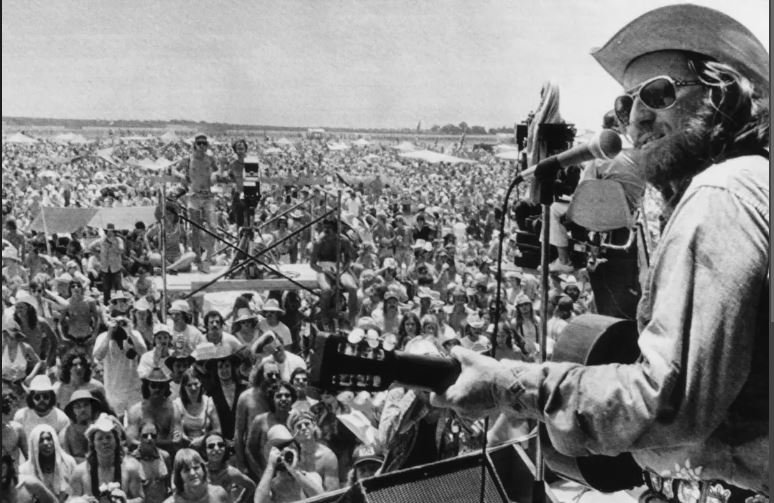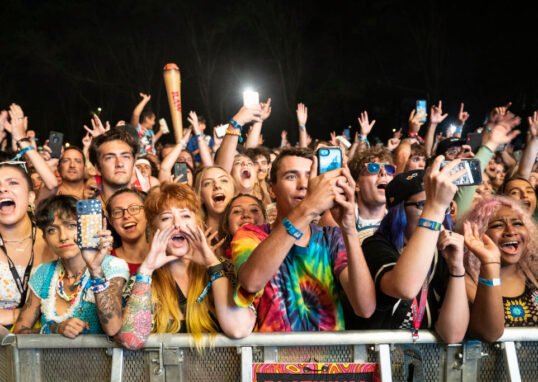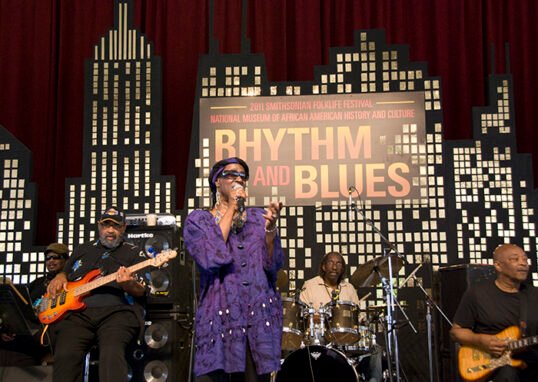Rock music has long been more than just a genre; it has served as a powerful vehicle for social and political expression. Throughout its history, rock music has played a crucial role in various movements, challenging the status quo and advocating for change. This post explores how rock music has influenced social and political movements, highlighting its enduring impact.

Rock Music as a Voice for the Marginalized
From its early days, rock music provided a platform for marginalized voices. In the 1950s and 1960s, artists like Chuck Berry and Little Richard used rock music to express the struggles and aspirations of African Americans. Their music addressed racial segregation and inequality, laying the groundwork for future social movements. Rock music’s rebellious spirit resonated with those who felt disenfranchised, offering a sense of solidarity and empowerment.
The Counterculture Movement of the 1960s
The 1960s witnessed the rise of the counterculture movement, with rock music at its core. Bands like The Beatles, The Rolling Stones, and Jefferson Airplane became the soundtrack of a generation questioning authority and traditional values. Events like Woodstock symbolized the era’s ideals of peace, love, and social justice. Rock music provided anthems for the anti-war movement, civil rights activism, and the fight for gender equality, becoming a unifying force for those seeking change.
Rock Music and the Anti-War Movement
During the Vietnam War, rock music played a pivotal role in the anti-war movement. Songs like “Give Peace a Chance” by John Lennon and “Fortunate Son” by Creedence Clearwater Revival captured the public’s growing disillusionment with the war. Musicians used their platforms to protest and raise awareness, organizing benefit concerts and rallies. Rock music’s ability to convey powerful messages through lyrics and performances galvanized public opinion and fueled the demand for peace.
The Fight for Civil Rights
Rock music also contributed significantly to the civil rights movement. Artists like Bob Dylan and Nina Simone used their music to highlight racial injustice and advocate for equality. Dylan’s “The Times They Are A-Changin'” became an anthem for change, while Simone’s “Mississippi Goddam” addressed the harsh realities of racism. These songs inspired activists and brought attention to the struggle for civil rights, illustrating rock music’s capacity to influence social change.
Punk Rock and Political Dissent
In the late 1970s, punk rock emerged as a raw and rebellious force, challenging societal norms and political systems. Bands like The Clash and The Sex Pistols voiced their discontent with economic inequality, unemployment, and political corruption. Punk rock’s DIY ethos and confrontational style empowered listeners to question authority and demand accountability. The genre’s influence extended beyond music, inspiring a broader cultural and political movement that continues to resonate today.
Rock Against Racism
The Rock Against Racism (RAR) movement in the late 1970s and early 1980s exemplifies how rock music can combat social issues. Formed in response to rising racial tensions and the spread of far-right ideologies, RAR organized concerts and events to promote racial harmony and unity. Bands like The Clash, Steel Pulse, and Tom Robinson Band performed at these events, using their music to challenge racism and advocate for social justice. RAR demonstrated the power of rock music to bring people together and drive positive change.
Rock Music and LGBTQ+ Rights
Rock music has also played a significant role in the LGBTQ+ rights movement. Artists like David Bowie, Freddie Mercury, and Joan Jett challenged traditional gender norms and celebrated sexual diversity through their music and personas. Their visibility and advocacy helped to break down barriers and foster greater acceptance and understanding. Rock music’s inclusive message continues to support the fight for LGBTQ+ rights, inspiring new generations of activists and allies.
Conclusion
Rock music’s influence on social and political movements is undeniable. From its origins as a voice for the marginalized to its role in contemporary activism, rock music has consistently pushed boundaries and challenged the status quo. By providing a platform for expression and unity, rock music has helped to shape the course of history, proving that it is much more than just entertainment—it’s a powerful tool for social and political change.






